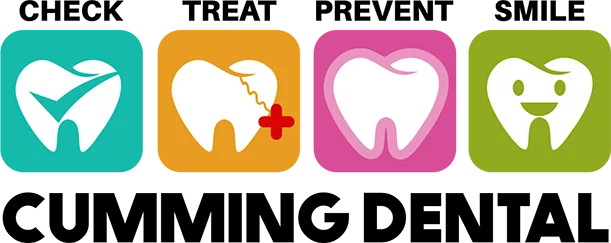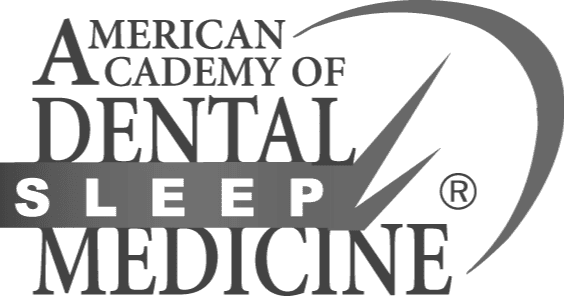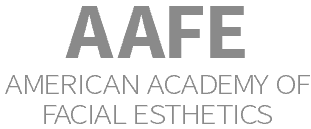TOP 10 QUESTIONS ASKED ABOUT CHEWING GUM
1. I chew gum all day everyday, is it bad for my teeth?
Possibly, the answer to the question is complicated because it depends on a number of lifestyle and diet factors. It also depends on how long you chew and what type of gum. However, anything in excess may present future complications. For example, chewing gum excessively may lead to tooth decay.
2. What are the advantages of chewing gum?
Chewing certain types of gum helps to freshen breath, whiten teeth, and prevent caries. Furthermore, some also experience improved memory and focus, reduced stress levels, and improving jawline.
3. What are the disadvantages of chewing gum?
In addition to damaging the teeth, chewing gum may lead to orthodontic and TMJ (temporomandibular joint) problems.
4. How often is it okay to chew gum?
It varies from person to person and depends on the type of gum. However, dental professionals say that it is okay to chew a piece of sugarless gum for about twenty minutes.
5. What are the different types of gum I can chew?
The ADA (American Dental Association) recommends chewing sugarless, non-cavity causing gum with the ADA seal.
6. What types of gum should I avoid?
Avoid sugary gums and those are not sealed and accepted by the ADA.
7. What are some healthy alternatives to gum?
Alternatives to gum include licorice, organic mints, parsley, water, and ginger.
8. My teeth feel clean after chewing gum, can I do that instead of brushing and flossing?
Chewing gum does not replace the practices of brushing and flossing, both of which are essential for maintaining a proper oral routine and hygiene.
9. Do dentists recommend chewing gum?
Dentists advise chewing sugarless gum sealed by the ADA. Furthermore, they advise to avoid sugary gum as the sugar helps the plaque bacteria and leads to tooth decay.
10. Is chewing gum bad for fillings?
It may not be the best, especially if you have particular types of fillings like amalgam or mercury. Researchers have found that individuals who chew gum despite having amalgam fillings have increased levels of mercury in urine and blood. High levels of mercury is harmful to the nervous, immune, digestive, and, most importantly, urinary system because it may lead to kidney toxicity.






